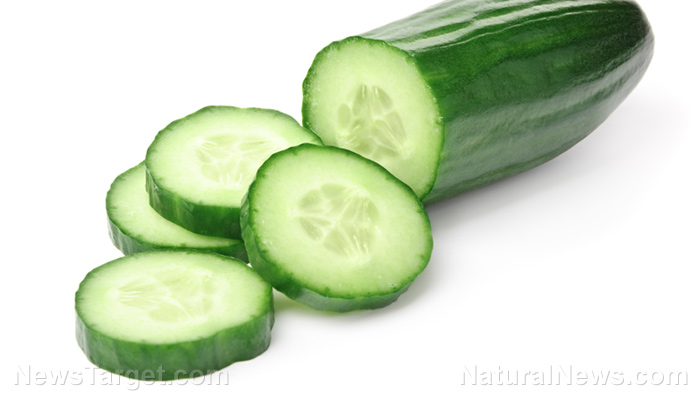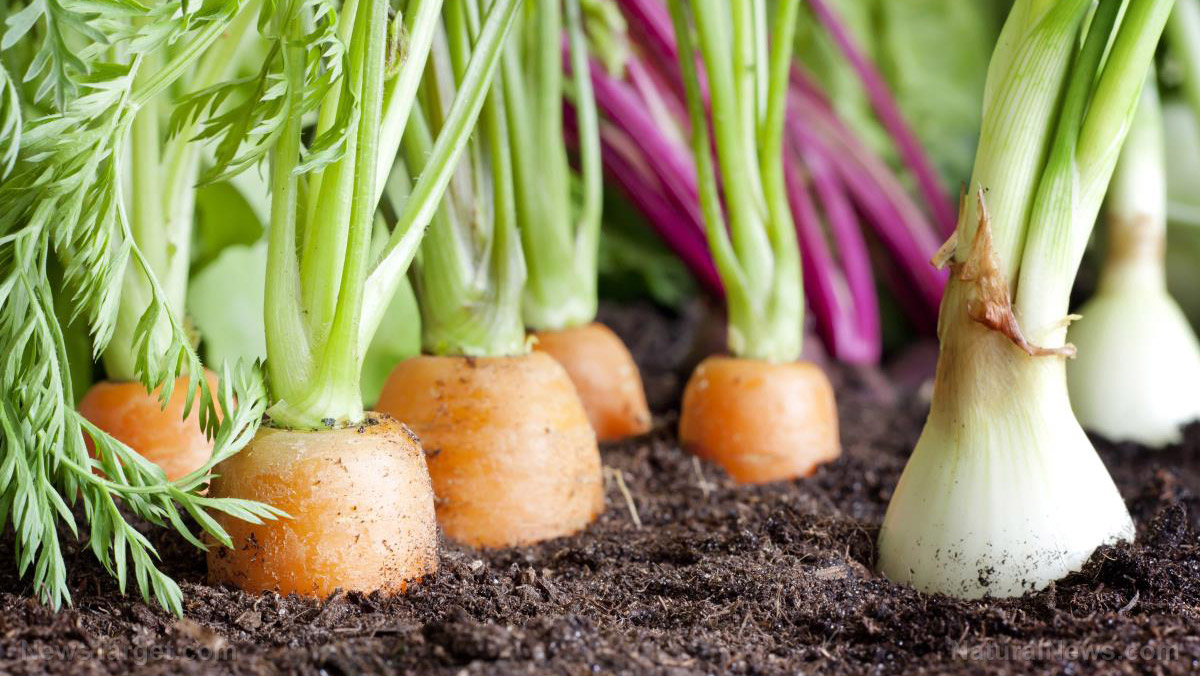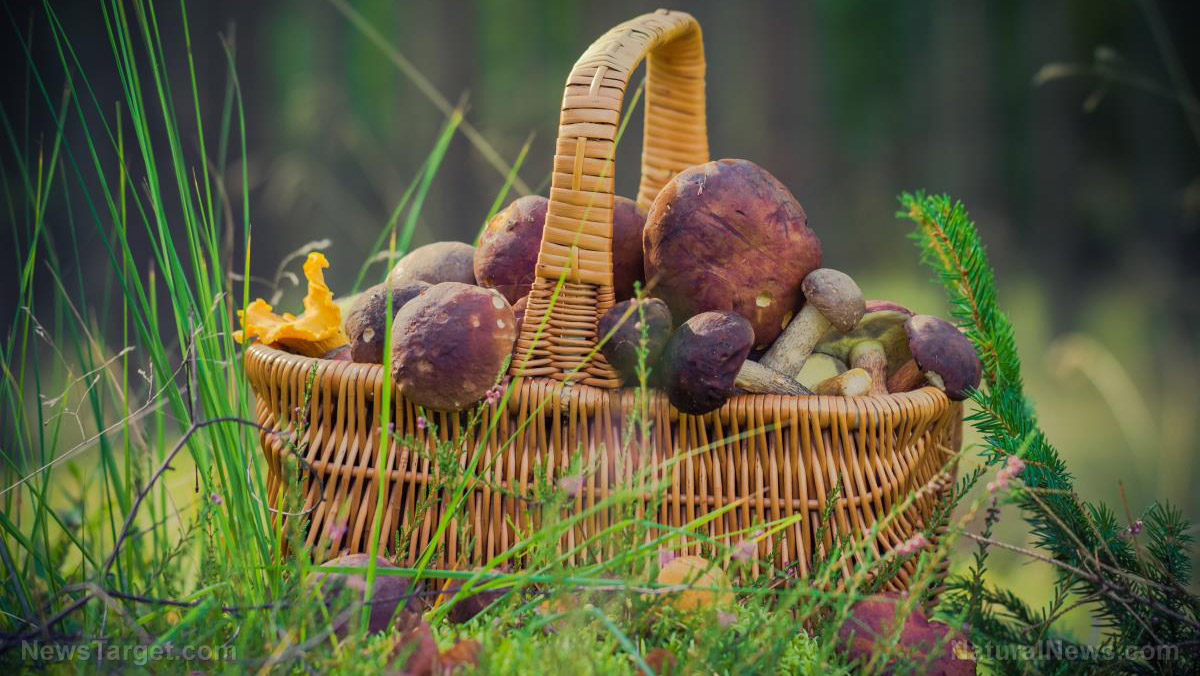
Advertisement
Cucumbers are great for pickling, tossing into salads or eating straight off the plant. It might not look like it, but cucumbers boast an incredible nutrition profile rich in essential nutrients including magnesium, potassium and manganese.
That said, cucumbers are best consumed for hydration during the hot summer months. Cucumbers also contain fiber, beta-carotene and natural plant chemicals that help flush out impurities and combat inflammation that might trigger chronic diseases.
Common cucumber varieties
Choosing the right cucumber to plant as part of an edible garden is the first step to planting them.
For starters, look up cucumbers that are best suited for the climate and soil conditions in your area. This helps ensure that you’re not planting against the natural elements, as doing so can make the process 10 times harder.
Here are some of the most common cucumbers used for edible gardens:
- English – Persian cucumbers are often a lot shorter and more compact than other cucumbers. Thin-skinned and almost seedless, these cucumbers pack a solid crunch different from other cucumbers.
- Armenian – Armenian cucumbers are also called snake melon cucumbers because of their slender bodies. In fact, these cucumbers aren’t cucumbers at all! Instead, Armenian cucumbers are melons in disguise that taste a lot like mild cucumbers.
- Japanese – Crisp Japanese cucumbers are slender, thin-skinned cucumbers perfect for pickling, cooking or eating as a palate cleanser.
- Lemon – Despite its name, lemon cucumbers don’t taste like lemons. Instead, it got its name from resembling the round little citrus fruits.
- Persian – Persian cucumbers are the shortest and stoutest of all the cucumbers. Crispier and milder-tasting than other cucumbers, it’s no surprise that Persian cucumbers are the go-to cucumber of most people.
Tips for planting cucumbers
Thinking of planting cucumbers as part of an edible garden? Here are some important tips to consider:
Keep the soil moist
Cucumber plants prefer moist soil during their blooming and fruiting stages. It’s important to monitor the plant’s soil moisture because stress can cause the plant to produce more cucurbitacins, the plant compounds responsible for the bitter taste of some cucumbers.
Use mulch
Adding mulch on top of the soil bed helps the soil retain moisture better. It also has the added benefit of acting as a natural barrier against weeds.
Protect cucumber plants from intense heat
Cucumber plants prefer warm conditions but are sensitive to intense heat. If planted on the ground, give the plants ample shade for those hot summer months. If planted in containers, move them to a shaded area until the sun lets up.
Use soil rich in organic matter
Cucumbers can take up to three months to mature, but planting them on rich soil can speed up the maturation process. If possible, used raised garden beds or containers to ensure good soil drainage.
Add fertilizer
If the soil needs enriching, add organic fertilizer or compost. That said, there is such a thing as over-fertilizing, and this can result in rotten plants.
Eliminate weeds as soon as possible
A weed-free garden is a lot less susceptible to attacks from bugs, insects and other pests. Get rid of weeds as soon as one pops up, and be sure to pull it out from the root.
Protect cucumber plants from pests
Breathable row covers are great for keeping out pests. You can make them from scratch or purchase some at the local garden center.
Plant flowers
Cucumbers need pollinating insects to bear fruit. To attract pollinators, plant daisies, zinnias, asters and the like near the cucumber plants.
There’s nothing like picking fresh cucumbers straight from the vines after a smooth planting season. Keep these tips in mind and get started on planting those cucumbers.
Read more articles about planting cucumbers and other gardening tips at HomeGardeningNews.com.
Sources:
Advertisements







